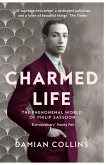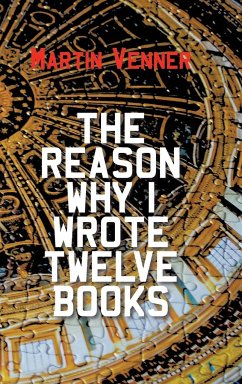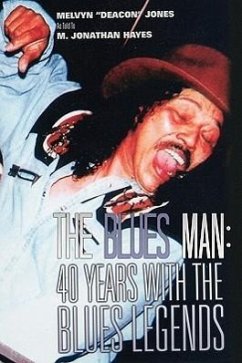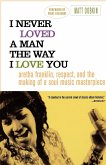A first biography of one of Britain's leading lyric songwriters. The Man Who Wrote The Teddy Bears' Picnic tells the story of Irish-born Jimmy Kennedy, one of the last - and arguably the finest - of the professional Tin Pan Alley songwriters of the pre-Beatles 'golden age' of poular song. A fascinating insight into the life of a man who rose from small town beginnings to become for fifty years the lyrical and musical power behind some of the twentieth century's top popular song entertainers from the days of Variety right up to The Beatles era. Jimmy had something like 30 No. 1 hits to his credit worldwide but is little known outside of music business circles. The book, written by his younger son, journalist J.J.Kennedy, sets out to remdy this omission and celebrates his contribution to the genre. Though his romantic ballads like Red Sails in the Sunset continue to be played all round the world, Jimmy is possibly best rembered today for the Cokey Cokey, which he adapted from a Canadian folk song in 1943, and The Teddy Bears' Picnic, which gave magical childrens' words to an old American tune. Well written and easy to read, the book serves as an excellent historical record of pop - and is full of facts, observations and authoritative comment on the cut and thrust 'village' that was Tin Pan Alley. It captures the bustle of the place and its almost industrial approach to song creation. It paints a colourful picture of some of the leading characters of the period and exposes the double dealing, greed and downright exploitation prevalent in that world. But the book also creates a romantic mysticism around the characters who dashed around in Denmark street, peddling their talent - so often in vain. It transports you to smoky little rooms with music coming from every corridor and it tells the story in black and white, like an old Hollywood movie. Swimming among all these sharks is the unlikely figure of Jimmy Kennedy - dapper and charming, modest and artistically fine-tuned, yet steely, resilient and highly commercial. A man who could spot the financial worth of his work, write to order - sometimes in lightning-quick time - and stand his ground when he knew he had a hit. He was in fact, a one man hit machine. But it wasn't always one man, and the book illuminates the winning partnerships with Michael Carr, Will Grosz et al. One of the key strengths of the book is its nostalgia appeal and has some wonderful anecdotes including recollections from Terry Wogan, Val Doonican and others and non-musical people such as Denis and Margaret Thatcher. All in all, a very intelligent book and one which will become a work of reference for anyone studying the popular music art form of the twentieth century.
Hinweis: Dieser Artikel kann nur an eine deutsche Lieferadresse ausgeliefert werden.
Hinweis: Dieser Artikel kann nur an eine deutsche Lieferadresse ausgeliefert werden.

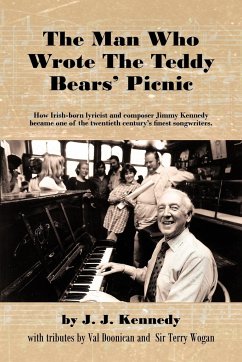
![The Life of Cardinal Wolsey, and Metrical Visions With Notes by S.W. Singer. [With] Who Wrote Cavendish's Life of Wolsey? by J. Hunter The Life of Cardinal Wolsey, and Metrical Visions With Notes by S.W. Singer. [With] Who Wrote Cavendish's Life of Wolsey? by J. Hunter](https://bilder.buecher.de/produkte/66/66744/66744007m.jpg)


